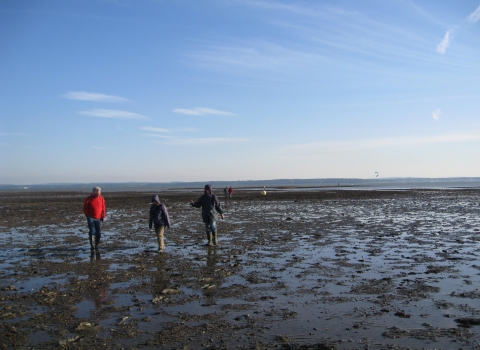Save our seas
Amazing oceans
Our local waters are unbelievably rich in wildlife - like exotic anemones, dazzling cuttlefish and superb seals - but they’re under threat and need or help.
But they also help us more than we know. They absorb vast quantities of harmful greenhouse gases, while releasing oxygen for us to breathe. They regulate the climate, and good bacteria in the sea help govern clouds and rainfall. Our coasts and seas play a central role in our nation’s history, identity, wealth and happiness.
Save our seas
However our amazing seas are in trouble – pollution, climate change, and unsustainable exploitation of the oceans mean that many species and habitats are in decline.
Even small actions can make a big difference – why not act for our seas today:

Plastic litter in our oceans © Shutterstock
Join the plastic revolution
Plastic poses a huge threat to wildlife, breaking down into smaller and smaller pieces - read more about how you can do your bit to reduce plastic waste.

© Linda Priestley
Protections at sea
We’re leading a campaign for the government to recognise and protect marine sanctuaries off the Solent coast. Join our campaign for Marine Conservation Zones.

© Amy Marsden
Collect data on local wildlife
Report your marine mammal sightings to us, or get involved in an intertidal survey as part of our Secrets of the Solent project.
Native oyster © Jon Oakley
Switch to sustainable seafood
Help our fish stocks recover by avoiding fish species that are in decline, and choosing those that have been caught in the least environmentally-harmful way. Or why not consider reducing the amount of fish you eat?
